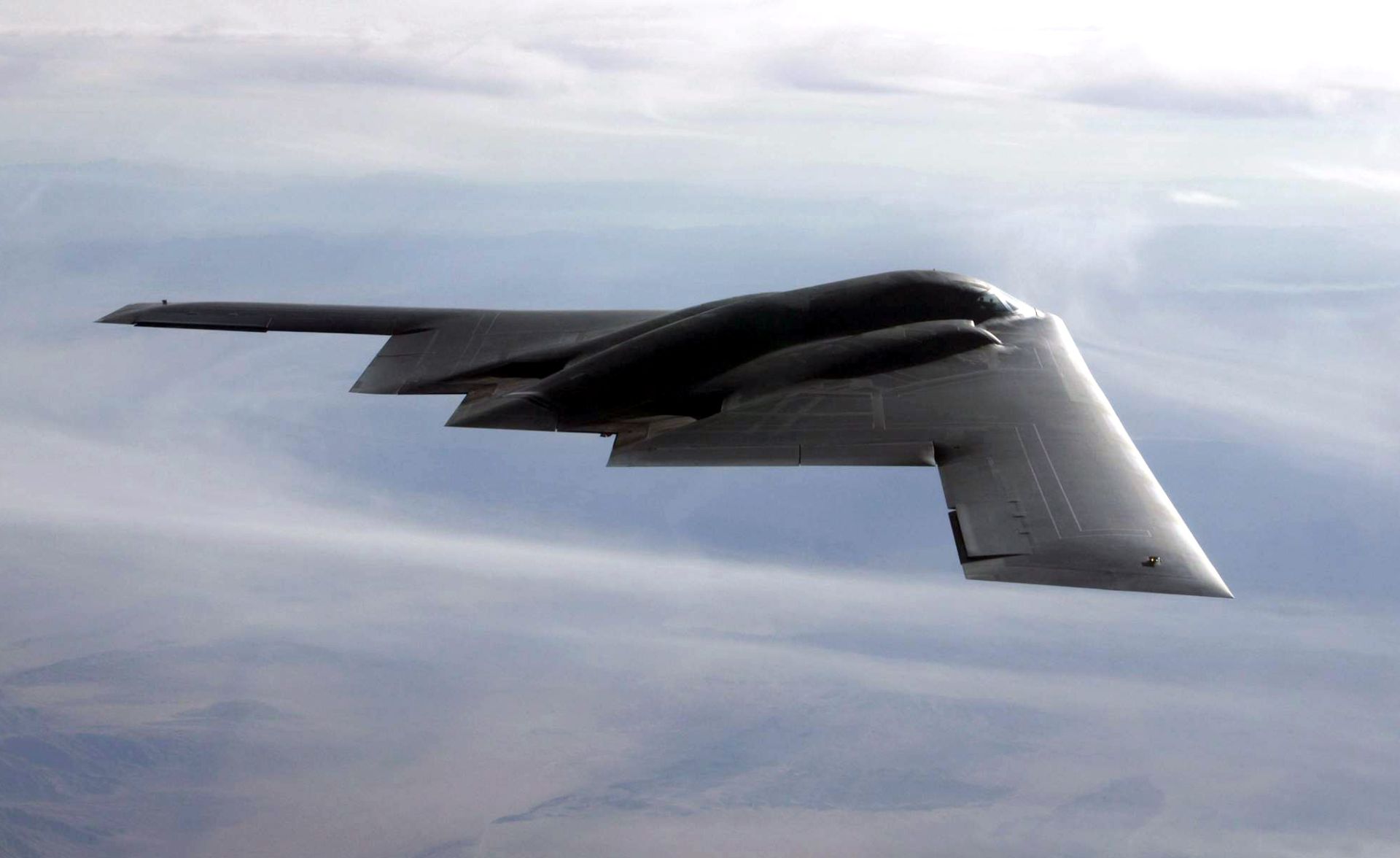Three B-2 Spirits deployed from Whiteman Air Force Base, Missouri, to the U.S. Pacific Command area of operations March 8.
While in the Indo-Asia-Pacific region, the B-2s will integrate and conduct training with ally and partner air forces, and conduct a radio communications check with a U.S. air operations center.
This deployment will ensure bomber crews maintain a high state of readiness and crew proficiency, and will provide opportunities to integrate capabilities with key regional partners.
“These flights ensure we remain ready to deter strategic attack, now and into the future, and are one of the many ways the U.S. demonstrates its commitment to security and stability across the globe,” said Adm. Cecil D. Haney, U.S. Strategic Command commander. “Additionally, these efforts provide invaluable opportunities to build relationships and interoperability between the U.S. and ally and partner forces.”
“Strategic bomber deployments ensure our ability to project power at a time and place of our choosing and develop strong interoperability with our regional allies and partners,” said Gen. Lori J. Robinson, Pacific Air Forces commander. “Recent events demonstrate the continued need to provide consistent and credible air power throughout the Indo-Asia-Pacific region. Our ability to demonstrate credible combat power while training and interoperating with our network of like-minded partner nations is vitally important.”
U.S. Strategic Command routinely demonstrates its capability to command, control and conduct global bomber missions, most recently by deploying B-52 Stratofortresses into the U.S. European Command area of responsibility earlier this month.
USSTRATCOM bombers regularly rotate through the Indo-Asia-Pacific to conduct USPACOM-led air operations, providing leaders with deterrent options to maintain regional stability.
One of nine Defense Department unified combatant commands, USSTRATCOM has global strategic missions, assigned through the Unified Command Plan, which include strategic deterrence; space operations; cyberspace operations; joint electronic warfare; global strike; missile defense; intelligence, surveillance and reconnaissance; combating weapons of mass destruction; and analysis and targeting.










